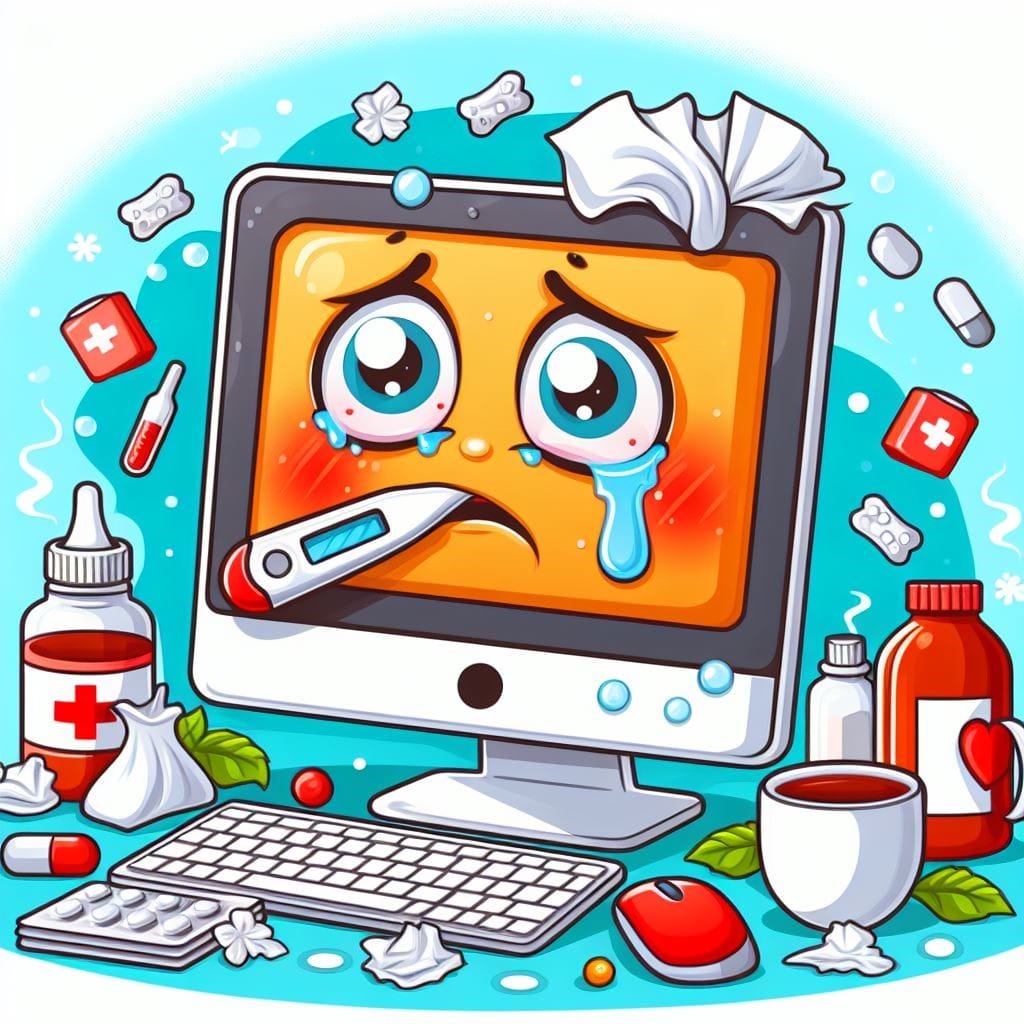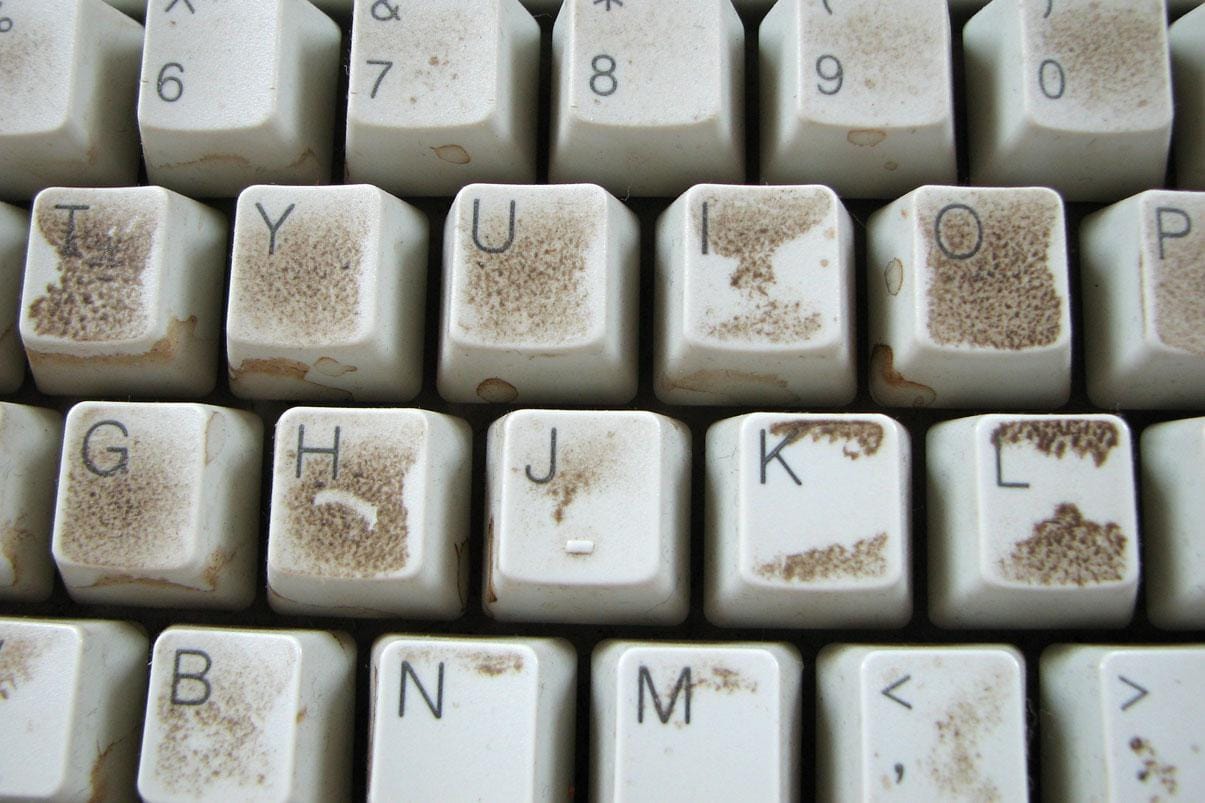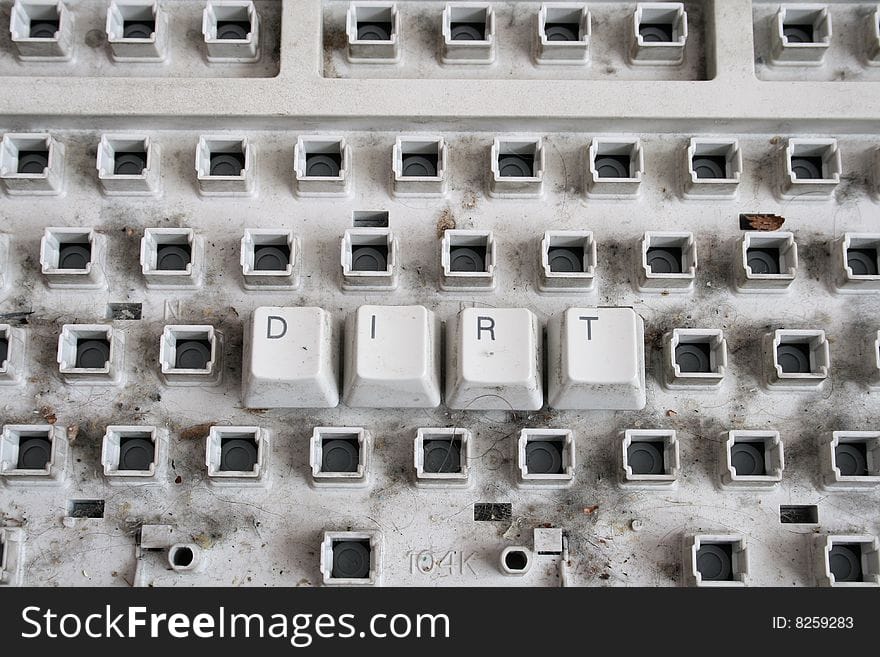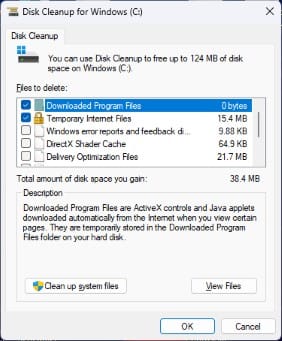The Importance of Computer Hygiene: Keeping Your Devices Clean and Secure.

I'm a tech support specialist and I love my job. But there's one thing that bothers me a lot: the lack of hygiene in some of the computers I have to deal with. I think my fellow profesional would agree with me there are a lot of computers that are generaly uncared for.
We should all sanitise and wash our hands frequently, but even then, we might touch our face or other part of our body after sitting at the keyboard. That’s why I sometimes request people to wipe their workstations before I use them, even if it might upset them occasionally.
You see, as an IT professional, I interact with many people and devices every day. That means I could be spreading germs and viruses around or catching them from others. And I'm not just talking about software viruses, but also real ones.
Did you know that your phone, desktop, keyboard, mouse and other gadgets could be crawling with bacteria? Here are some numbers from a study by Dr. Charles Gerba from University of Arizona:
Phone: 25,127 germs per square inch.
Desktop surface: 20,961 germs per square inch.
Keyboard: 3,295 germs per square inch.
Mouse: 1,676 germs per square inch.
Fax machine: 301 germs per square inch.
Copy machine: 69 germs per square inch.
Toilet seat: 49 germs per square inch.

Yes, you read that right. Your phone is dirtier than your toilet seat. And your keyboard is not much better.
Now, imagine how many of these germs I have to touch every time I fix someone's computer. And how many of them I might bring back to my own workstation or other surfaces along the way. And how many of them could cause infections or diseases. Especially since the covid pandemic, this is a serious issue that needs to be addressed.
I will point out that i do sanitise and wash my hands regulay.
That's why I want to talk to you about computer hygiene. Not only how to keep your devices clean and sanitized but also how to maintain them in good shape and avoid unnecessary problems.

Computers are essential tools for work, education, entertainment and communication. But they also need proper care and maintenance to function well and protect your data. In this blog post, I will share some tips on how to practice good computer hygiene, which means keeping your device clean and secure from physical and digital threats.
Physical hygiene
Your computer is exposed to dust, dirt, spills, fingerprints and other contaminants that can affect its performance and appearance. To prevent damage and overheating, you should regularly clean your device with the following steps:
- Turn off your computer and unplug it from the power source.
- Use a soft cloth, microfiber cloth, or disinfectant wipes to wipe the screen, keyboard, mouse and case. Do not use paper towels or tissues, as they can scratch the surface.
- Use a compressed air can or a soft brush to remove dust and debris from the vents, ports and openings. Do not blow into them with your mouth, as you can introduce moisture and saliva.
- Use a disinfectant wipe to sanitize the keyboard, mouse and touchpad. Do not use water or any other liquid as they can cause corrosion or short circuits.
I would also suggest holding your keyboard upside down and gently tapping the keyboard with the back of your hand to remove debris from under the keys. - On some keyboards, you are able to remove the keys to clean them and clean under the keys. To complete this task, you will need a tool to remove the keys without damaging them.
- You could also try useing a cleaning gel like COLORCORAL Cleaning Gel. This is a great little product and can get to the fluff and other smaller bits of debris from your keyboard without making the noise or extra mess on your computer.
- It is often hard to get away from your desk these days for a break, but avoid eating or drinking near your computer as crumbs and liquids can damage the components or attract insects and rodents.
Some Digital hygiene
Digital hygiene is the practice of keeping your computer or desktop clean and secure from potential threats or problems. Some of the steps you can take to maintain digital hygiene are:
- Emptying your bin or recycle bin regularly frees up space and avoids cluttering your system.
- Removing old updates or software you no longer use or need. You can do this by running the "Disk clean up" from your start menu on Windows. From here, you can select files and folders to remove from your computer, such as old updates and temporary files.

- Running antivirus or anti-malware scans periodically to detect and remove any harmful files or programs that might infect your device.
- Updating your operating system and applications to the latest versions to fix any bugs or vulnerabilities and enjoy new features.
By following these tips, you can practice good computer hygiene and keep your device clean and secure. Remember to clean your computer regularly and update it frequently.
Stay safe online and enjoy using your computer!




